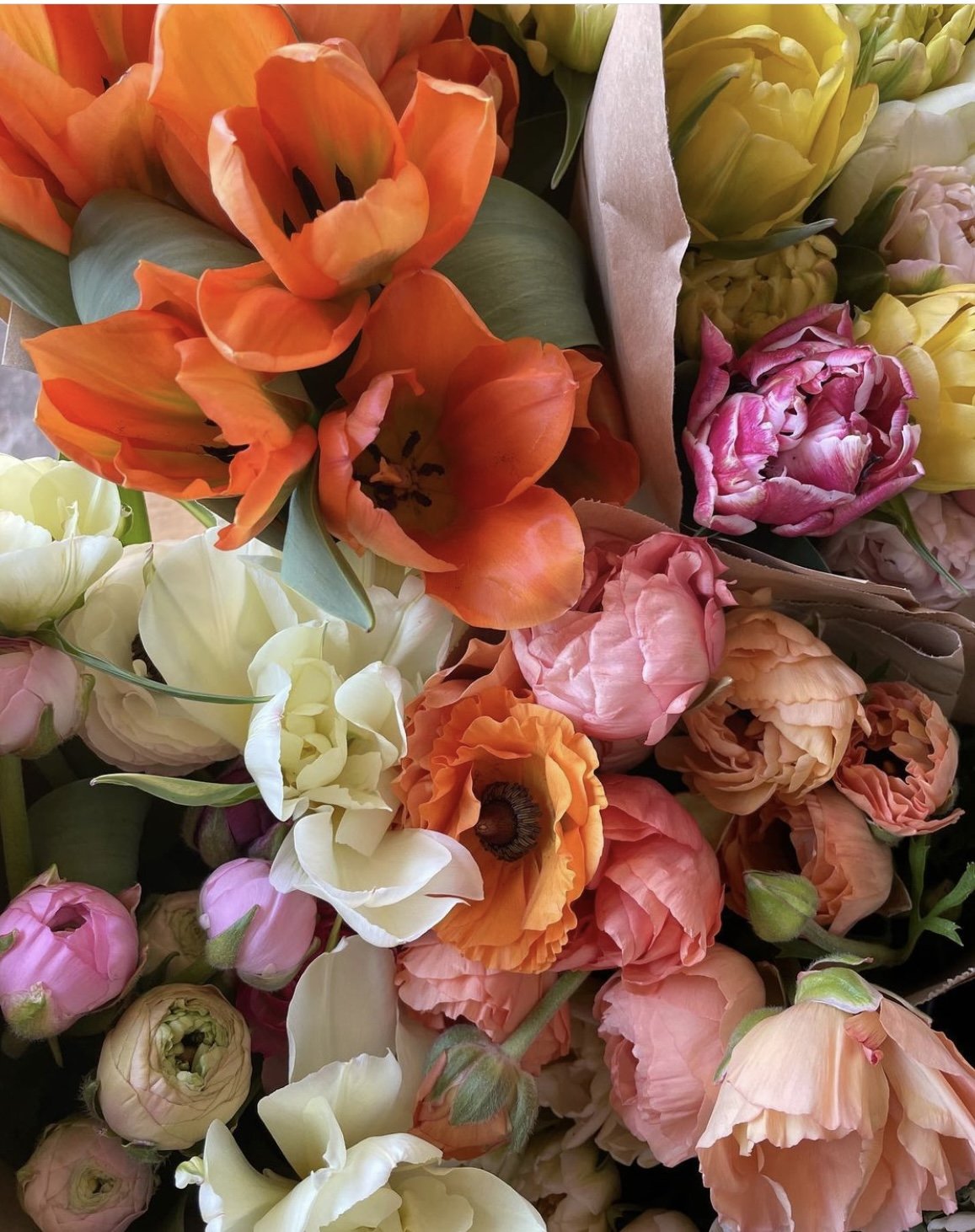


Welcome friends!
We are Ana and Brett, a husband and wife team, and the roasters and founders of Jamesport Coffee. Our business started during the pandemic as a preorder operation focused on sourdough and roasted coffee beans with contactless pick-up on our front porch in Jamesport, NY. We’re currently focused on the coffee side of our business and roast for a handful of high caliber wholesale partners, and sell directly to your door on our website.
We operate bi-coastally in Seattle, at the heart of the coffee industry where our coffee is imported, and the East End of Long Island, NY on the North Fork. Our coffee blends skew dark and chocolatey like the roasting profile favored by Pacific Northwest coffee houses.
We are the exclusive coffee supplier for the coffee bar at Lumber + Salt in Jamesport on the North Fork of Long Island, NY. Enjoy hot and cold espresso drinks here or take home a bag of our roasted coffee beans. We supply our bagged coffee beans for purchase at Sang Lee Farms (our organic medium roast launched with them) and Lombardi’s Love Lane Market.
To stay up to date on our offerings, follow us on Instagram and subscribe to our newsletter at the bottom of this page.
Partners who sell our products
Lumber + Salt
5570 Sound Ave, Jamesport, NY 11947
Coffee & tea bar open Fri, Sat, Sun with expanded days and hours in summer.
We are the exclusive coffee partner for Lumber + Salt offering a full coffee bar with espresso drinks (latte, cappuccino, etc), cold brew and our bagged roasted coffee beans for purchase to make at home.




















